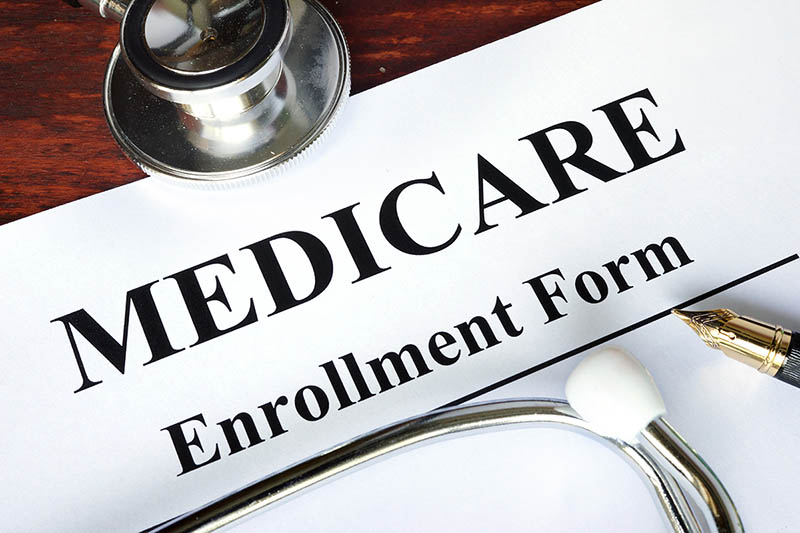How do I know if I need Medicare prior authorization?
What is Medicare prior authorization, and why do some procedures require it while others don’t? Here’s a guide on the basics of prior authorization.
More than 60 million Americans were enrolled in Medicare at the beginning of 2023. At some point, many of those 60 million people will need prior authorization for some kind of doctor’s visit or drug prescription. Medicare covers so many procedures that it can sometimes be confusing—is your procedure pre-approved, or will you need to request prior approval? Here’s a beginner’s guide to Medicare prior authorization and how to get information for your specific plan coverage.
What is Medicare prior authorization?
Medicare prior authorization is when a person on Medicare (called a Medicare beneficiary) has to get approval for a certain medical procedure to happen. For example, if you are seeing a specialist, you and the specialist may need to get prior authorization with Medicare before treating you in order for the treatment to be covered by your insurance. If you don’t have prior authorization or if your application was not accepted, you will probably have to pay the full cost of the services yourself.
Why does Medicare sometimes require prior authorization?
There are several reasons why Medicare requires prior authorization for some procedures. One significant reason is to prioritize medically necessary care. According to the Centers for Medicare and Medicaid Services, prior authorization helps make sure that a procedure is necessary before approving it, to keep Medicare's costs down and to ensure that people who need more urgent care can get it. Prior authorizations also “make sure that applicable coverage, payment, and coding requirements are met before services are rendered while ensuring access to and quality of care.” If you get prior authorization, you also save yourself the risk of having a procedure done and your insurance rejecting your claim.
What kinds of situations require Medicare prior authorization?
This can differ depending on the Medicare you have. However, some general situations where Medicare prior authorization is likely required would be seeing a specialist, seeing an out-of-network physician, getting non-emergency care at a hospital, and getting prescriptions for certain kinds of medicines.
How do I know if I need Medicare prior authorization?
Ultimately, the only way to know for sure is to check with your plan provider. When you signed up for your healthcare plan, you should have received documents that have pre-approved services on them. You can check to see if the medical care or prescription medication is listed there. You can also check on your provider’s website. If you don’t see your service listed there, you may want to call and double check.
Generally speaking, if you are covered by Medicare Part A or Part B, you rarely need prior authorization. Many services are already pre-approved. The exact answer depends on your coverage and your particular situation, but some exceptions to this may be prosthetics and durable hospital equipment.
Medicare Parts C and D, however, frequently require Medicare prior authorization. Medicare Part C, also called Medicare Advantage, is when a private company is approved by Medicare to offer care. Because Medicare Part C involves a third party, such as a nursing facility, the beneficiary will probably have to get prior authorization. For Medicare Part D, which is mostly for pharmaceuticals, beneficiaries usually need prior authorization from Medicare to fill the prescription.
Here is Select Health’s list of procedures that usually require prior authorization.
How do I get Medicare prior authorization?
Select Health has CareAffiliate®, a convenient portal to help you get prior authorization. CareAffiliate offers helpful resources, including a request type list, a guide to check the status of your authorization request, and instructions on how to view your authorization letters online. This tool helps you submit prior authorization requests faster and stay up to date on your requests. You can also contact Member Services at 800-538-5038 or fill out a form from Medicare.gov.






